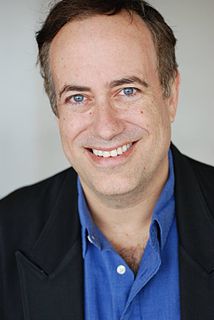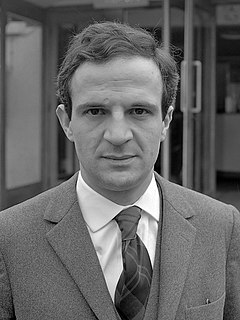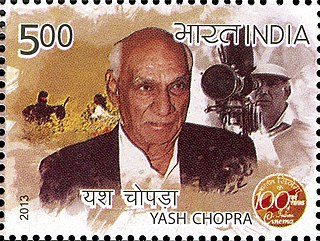A Quote by Leos Carax
I care about cinema even though I haven't made many films.
Related Quotes
Do you like him? Ty asked. "Not that I care." "I do," I said, because it was true. Even though it didn't matter anymore. "Not that I care you don't care. Though you clearly do care, and I don't care about that either." "Well, I don't care that you don't care that I don't care. In fact i'm glad. Because, um, if I were seeming someone that I liked, I'd want you to be happy for me.""Are you seeing someone?" I asked, pretty sure he wasn't. "Not that I care.
My films are about faith, and they're made on faith. There has to be faith because making a movie, so many things can go wrong. Me and my crew take the leap together, trusting the net will appear. I've been fortunate even though I've worked with small budgets, people have donated time and talent because they feel the films have something important to say.
More than my other films, Uncle Boonmee is very much about cinema, that's also why it's personal. If you care to look, each reel of the film has a different style - acting style, lighting style, or cinematic references - but most of them reflect movies. I think that when you make a film about recollection and death, you have to consider that cinema is also dying - at least this kind of old cinema that nobody makes anymore.
I've seen films that have made as much as $100, $200 million, but they're not films. They're images. They're flashes. They're many beautiful images, lots of things to look at. They capture you. But it's not a film. It's not something that involves you in a story. They go to cinema now to be blown away by the effects.
Films have been my only passion in life. I have always been proud of making films and will continue taking pride in all my films. I have never made a movie I have not believed in. However, though I love all my films, one tends to get attached to films that do well. But I do not have any regrets about making films that did not really do well at the box office.
There are so many varieties of films. You've got the jet-lagged films, where you fly to Bulgaria or wherever and get off the plane, and they bring you right to the set, and you start working, even though I don't even know my name, it's been such a long flight. Then there's the alimony films. But after you've been doing this long enough, you've gotten into every kind of situation you can imagine, even to the point where there is basically no script, so you have to kind of do it scene by scene and survive.






































